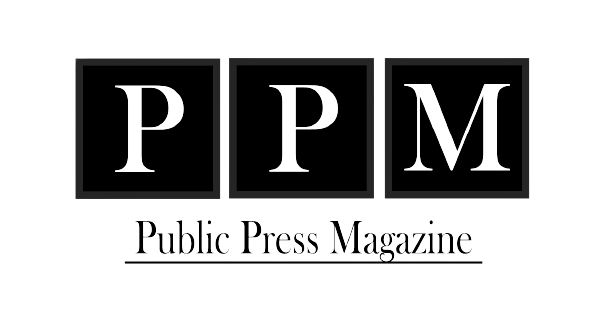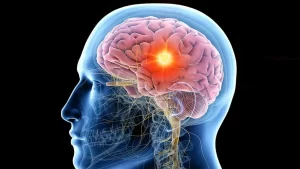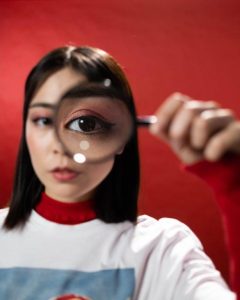Table of Contents
Throughout the annals of art and human creativity, a persistent fascination lingers; an enduring intrigue surrounding the “tortured artist.” Think of Vincent van Gogh, Sylvia Plath, and Kurt Cobain, and you’re greeted with stories of creative brilliance intertwined with a profound struggle against the shadows of depression. But is this captivating connection between creativity and depression substantiated by science, or does it remain a mere myth? In the following article, we embark on an in-depth exploration of the intricate relationship between depression and creativity. Together, we aim to unveil whether the artistic mind truly harbors a dark side.
The Enigmatic Allure of the “Tortured Artist”
The allure of the “tortured artist” concept has enraptured our collective imagination for generations. We have marveled at the lives of creative geniuses whose brilliance shone through the veils of their struggles with depression. They also grappled with an array of other mental health challenges. Yet, is this concept simply a whimsical flight of fancy, or does empirical evidence lend credence to this belief?
Unraveling the Complex Interplay
The connection between depression and creativity is more than a mere curiosity; it is a complex interplay of numerous factors. Let’s delve deeper into this intricate relationship:
- Heightened Emotional Sensitivity: Creative souls, often gifted with a proclivity for deep emotional sensitivity, may find themselves more susceptible to the tumultuous waves of mood disorders like depression.
- Brooding and Reflection: In the world of creative minds, introspection is a defining characteristic. This introspection, however, can sometimes lead to rumination, a frequent companion of depression.
- The Drive to Express: For artists, the act of creation serves as a powerful outlet for conveying their innermost thoughts and feelings. This cathartic process can be a therapeutic means of managing the tumultuous seas of depressive emotions.
- Out-of-the-Box Thinking: Creativity, as a force, thrives on unconventional and divergent thinking. It is no surprise that this unconventional mindset may extend to unique and innovative methods of grappling with the complex experience of depression.

The Double-Edged Sword
While the connection between depression and creativity is undeniably intricate, it is far from a linear cause-and-effect relationship. It is essential to remember that depression is serious condition, romanticizing it is not only inaccurate but potentially harmful.
Nurturing Creativity Mindfully
For both those who find themselves immersed in the creative realm and those who admire and appreciate the arts, there are ways to embrace the potential benefits of creativity while safeguarding one’s mental health:
- Seek Professional Help: If depression has cast its shadow over your life, it is imperative to reach out to a mental health professional. They can provide tailored treatment and guidance.
- Building a Robust Support Network: Envelop yourself in a circle of friends and loved ones who can offer unwavering emotional support during times of challenge and strife.
- The Embrace of Self-Care: Prioritize self-care rituals, including physical exercise, meditation, and mindfulness, to foster the nurturing of your mental well-being.
- Safeguarding Creative Expression: Utilize your art as a channel for self-expression while remaining vigilant to its emotional toll. It is prudent to seek out healthy outlets for your emotional tribulations, such as therapy or counseling.
The Verdict: A Nuanced Relationship
So, does the artistic mind possess an inherent dark side? This is a question that does not lend itself to a simplistic, one-size-fits-all answer. While there is indeed a connection between depression and creativity, it is by no means a predetermined destiny. It also does not define every creative individual’s path. This connection is multifaceted, a unique journey for each person it touches.
In the end, creativity stands as a potent force; a means of coping with or even overcoming depression. Nonetheless, it is paramount to emphasize the necessity of prioritizing mental health. Seeking help when needed and striking a harmonious balance that allows creativity to flourish in a healthy and sustainable manner is essential.
Depression and creativity may share a connection, but they do not exclusively define one another. It is entirely feasible to be a creative soul without succumbing to the dark side. Likewise, it is possible to seek assistance for depression while continuing to paint the canvas of life with the vibrant hues of art. In the intricate dance of life, we discover the true essence of the human experience; a realm where creativity’s luminous light can shine, even in the darkest of moments.”



